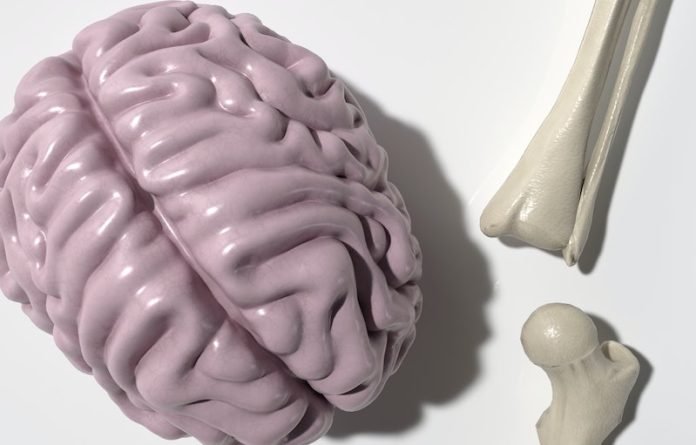
Scientists at Nanyang Technological University in Singapore have discovered a new “energy switch” in immune cells called microglia in the brain.
The finding could help develop new drugs to treat Alzheimer’s disease, the most common form of dementia.
In people with Alzheimer’s disease, microglia are often damaged, making them less efficient at clearing toxic proteins that build up and lead to the disease.
By blocking and turning off this “switch,” the researchers were able to restore the microglia’s ability to clear cellular waste.
The team found that the translocator protein, a biomolecule found in energy-generating parts of immune cells, plays a critical role in microglia’s ability to generate their own energy.
Without this protein, microglia lack energy and cannot remove toxic waste efficiently, which can cause Alzheimer’s disease to worsen.
The researchers also found that an enzyme called hexokinase-2, which metabolizes sugar, is activated when the translocator protein is absent.
However, this enzyme promotes an inefficient method of energy production.
To manipulate the enzyme’s role in microglia energy production, the researchers developed a light-activated tool.
By shining blue light onto a genetically modified version of the hexokinase-2 enzyme, they were able to “switch off” one of its functions, blocking the enzyme’s ability to stick to the energy-generating parts of the microglia.
This, in turn, forced the cells to stop relying on an inefficient method of energy production and improved their ability to clear beta amyloid, a toxic protein whose buildup in the brain is associated with Alzheimer’s disease, by nearly 20%.
The researchers hope to develop drugs that can specifically target metabolism in brain immune cells to treat Alzheimer’s disease, which currently has no definitive cure.
The World Health Organization estimates that 78 million people worldwide will have dementia by 2030.
If you care about Alzheimer’s, please read studies about the root cause of Alzheimer’s disease, and new non-drug treatment could help prevent Alzheimer’s.
For more information about brain health, please see recent studies about antioxidants that could help reduce dementia risk, and Coconut oil could help improve cognitive function in Alzheimer’s disease.
The study was conducted by Lauren H. Fairley et al and published in Proceedings of the National Academy of Sciences.
Copyright © 2023 Knowridge Science Report. All rights reserved.



